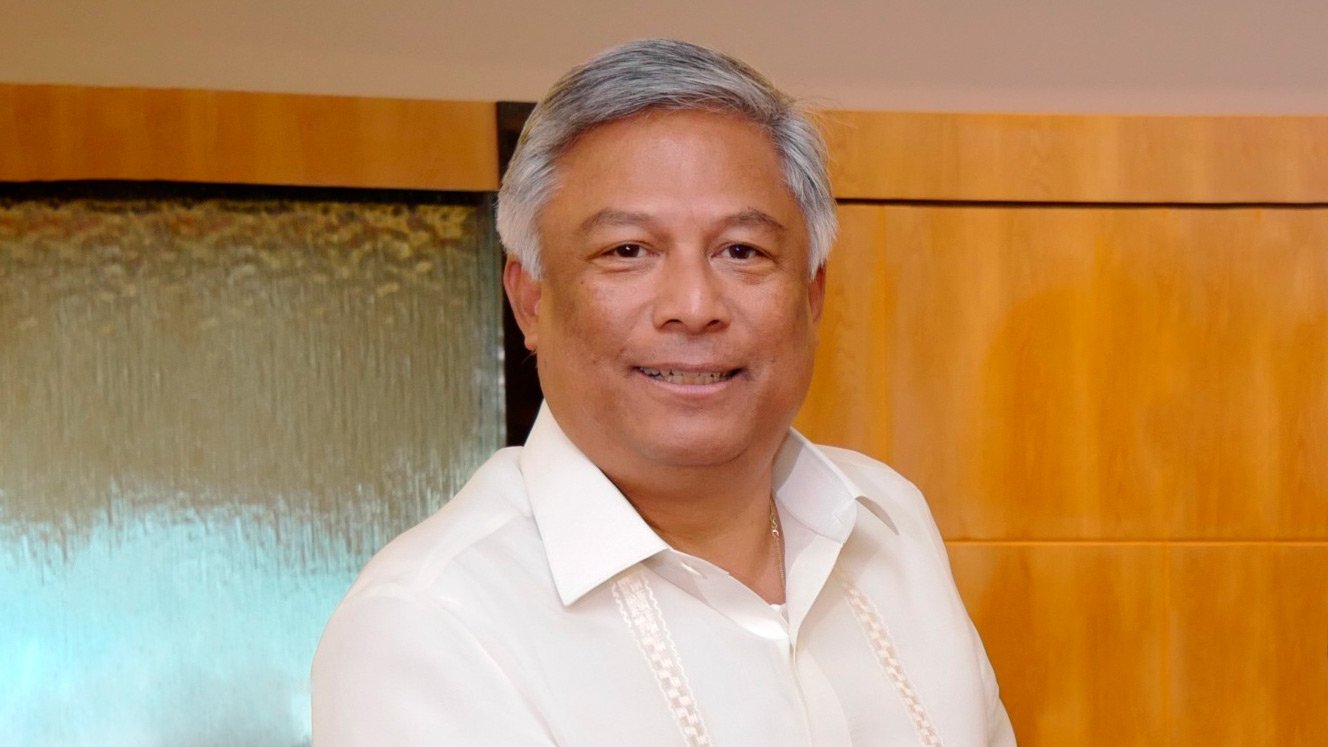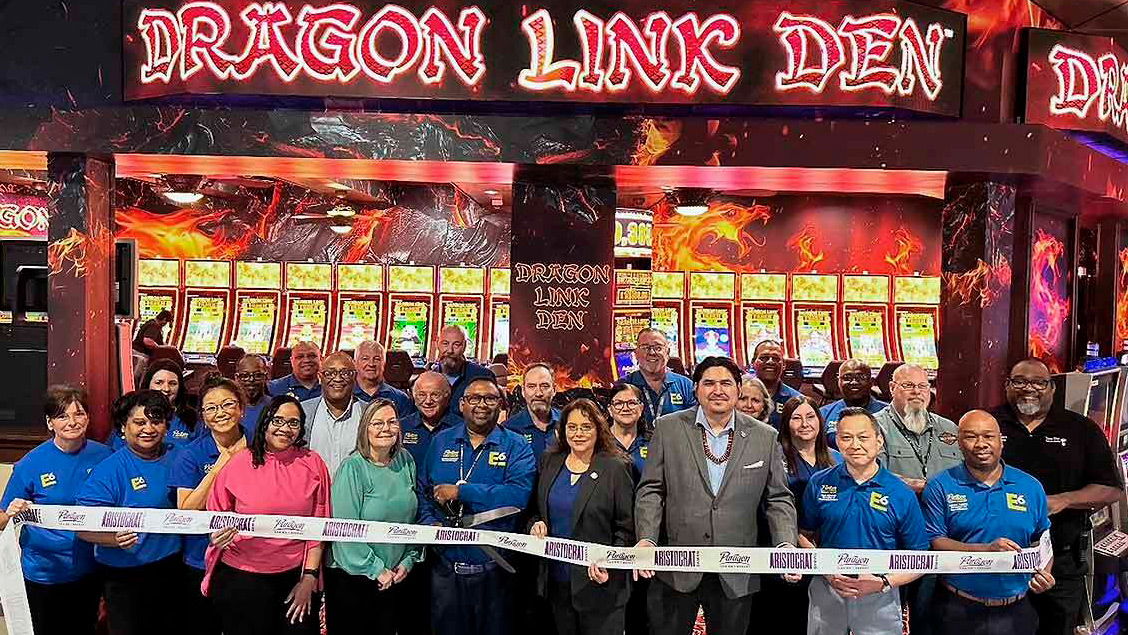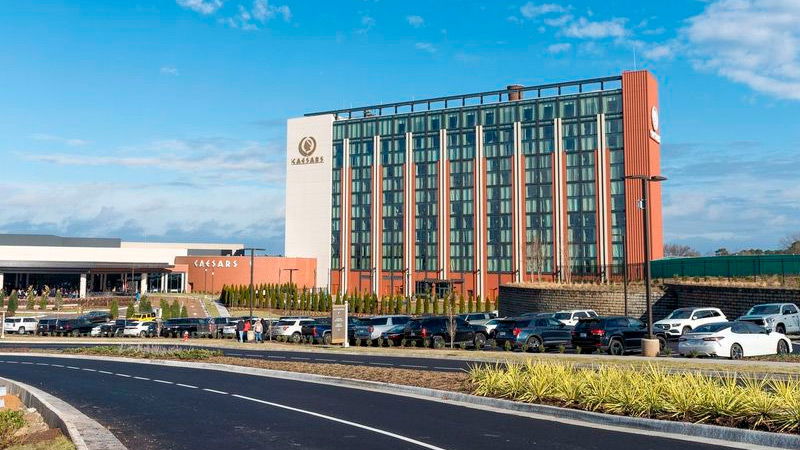Philippines: Pagcor chief foresees surpassing Singapore as Asia’s No. 2 casino hub

The Philippines is poised to emerge as Asia’s second-largest gambling destination after Macau, potentially surpassing Singapore as early as next year, according to the head of Manila’s gaming agency.
“If Singapore doesn’t expand, they will plateau. Don’t be surprised if next year we will surpass them,” Alejandro Tengco, Chairman and Chief Executive Officer of state regulator Philippine Amusement and Gaming Corp. (Pagcor), was quoted as saying in a Bloomberg report.
He cited the opening of new integrated resorts as key drivers expected to boost visitor numbers and offset a decline in Chinese tourist arrivals.
The Philippines anticipates reaching a new milestone in gross gaming revenue, projected to soar to 336 billion pesos ($6.1 billion) this year, surpassing the previous record of 285 billion pesos ($5.1 billion) set last year.
A forthcoming integrated resort by billionaire Enrique Razon’s Bloombery Resorts Corp. is set to open later this year in Manila, while up to eight additional casino projects are in the pipeline. Tengco also disclosed Pagcor's plans to divest state-run casinos by early 2026.
Manila is banking on integrated resorts and casinos to aid in the recovery of tourist arrivals, which have been severely impacted by the Covid-19 pandemic. The Philippines aims to attract 7.7 million foreign tourists this year, following a modest influx of 5.45 million in 2023, still below pre-pandemic levels.
The nation's forthcoming casinos, with potential costs reaching $1.2 billion, are slated for Manila, the former US airbase Clark, as well as tourist hotspots such as Cebu and Boracay. Tengco anticipates that tapping into new markets will draw in new customers.
Despite dwindling Chinese tourist arrivals, Tengco remains optimistic about the industry's growth, noting that Philippine casinos primarily cater to locals and visitors from South Korea, Japan, Malaysia, and Singapore. Last year, Chinese tourist arrivals in the Philippines plummeted to just 15% of 2019 levels.
In efforts to further bolster revenue, Pagcor is expanding its online casino industry, which contributed a fifth of the country's gross gaming revenue last year and is projected to outpace traditional brick-and-mortar casinos.
Pagcor plans to launch its own online gaming platform later this year and is seeking a joint venture partner to operate it. Additionally, Pagcor aims to privatize its Casino Filipino brand's assets to focus solely on regulatory functions.
The agency aims to offer its casinos in bundles, categorized by location, by late next year or early 2026, with expectations to generate between 60 billion to 80 billion pesos from the sale. Tengco believes that successful privatization efforts will instill investor confidence and pave the way for further investment opportunities.
















































